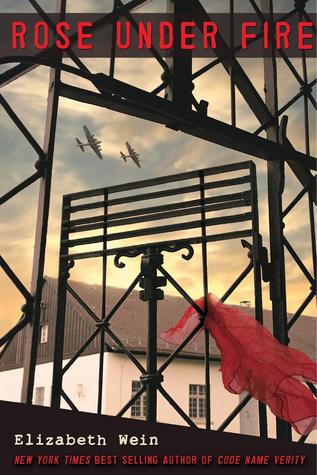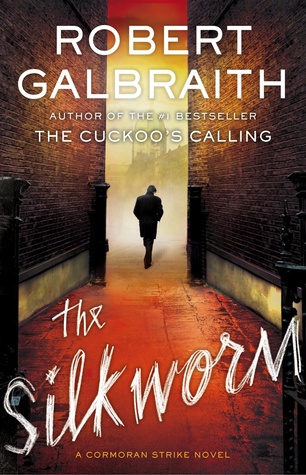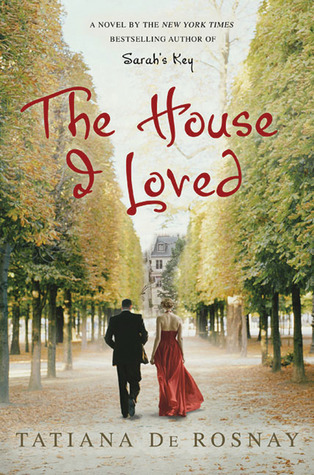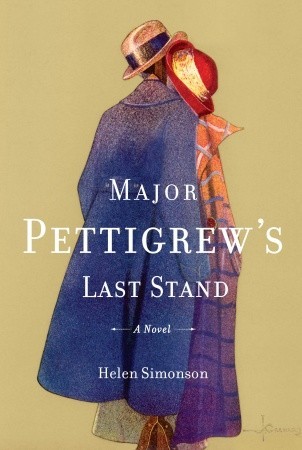 The Invention of Wings, by Sue Monk Kidd
The Invention of Wings, by Sue Monk Kidd
I love novels like this, when I learn about historical figures through fictionalized accounts of their lives.
The Invention of Wings is based on the lives of Sarah and Angelina Grimke, abolitionists and feminists long before women's suffrage or the Emancipation Proclamation.
Sue Monk Kidd quotes Professor Julius Lester in her notes at the end of the novel, "History is not just facts and events. History is also a pain in the heart and we repeat history until we are able to make another's pain in the heart our own." Kidd expands beyond the facts and events to put flesh on the stories of four women.
The novel begins in the early 1800s, with Sarah Grimke turning 11 and her mother "giving" her ownership of her very own slave, Hetty, or Handful. From the beginning, Sarah is deeply uncomfortable with her family's legacy as slave owners, and she also chafes against her role as a girl and woman. All she wants in life is to study and become a lawyer and a judge, but her family throws cold water on her dreams. As a female, all she could hope to become is a wife and mother. She rebels in her own way, by teaching Handful to read and write.
The novel weaves the story of Sarah with that of Handful and her mother Charlotte. Both Handful and Charlotte are highly talented seamstresses, spunky and spirited and seeking a way out of their own lives. They are the most fascinating characters in this novel, and they are mostly made up. (Sarah's mother did "give" her a slave when she turned 11, and Sarah wanted no part of it, but that's about all that is known about the slave girl.)
While Sarah struggles to put a voice to her passionate thoughts, Handful and Charlotte have no problem expressing what's on their mind. They weave their own pains and desires in their quilts and pass on their family history through stories. They take chances for the sake of freedom, even if it might cost them their own lives.
Angelina is the sister with the gumption--probably because she'd been mostly raised by Sarah--but Sarah, too, eventually finds her own voice. I enjoyed reading about the sisters speaking out against slavery, even though their family and their own city (Charleston, South Carolina) were horrified by their actions. The schism in the early abolitionist movement between abolition and women's rights reminded me of the division in the 1960s, when women who fought for civil rights were not given their own voice in the movement.
Sarah, Angelina, Handful, and Charlotte are all trying to find their own wings and escape the prisons of their lives. Handful's and Charlotte's restraints were real, while Sarah and Angelina were bound by the cultural expectations of their time.
This novel is not an easy read--Kidd depicted the horrors of slavery without flinching. I was grateful for Kidd's notes at the end, and also for the Internet, so I could learn more about the Grimkes when I was done reading the book. Sarah and Angelina Grimke were pioneers of their time, standing up for what they believed was right, even if their voices shook.
 Rose Under Fire, by Elizabeth Wein
Rose Under Fire, by Elizabeth Wein

















